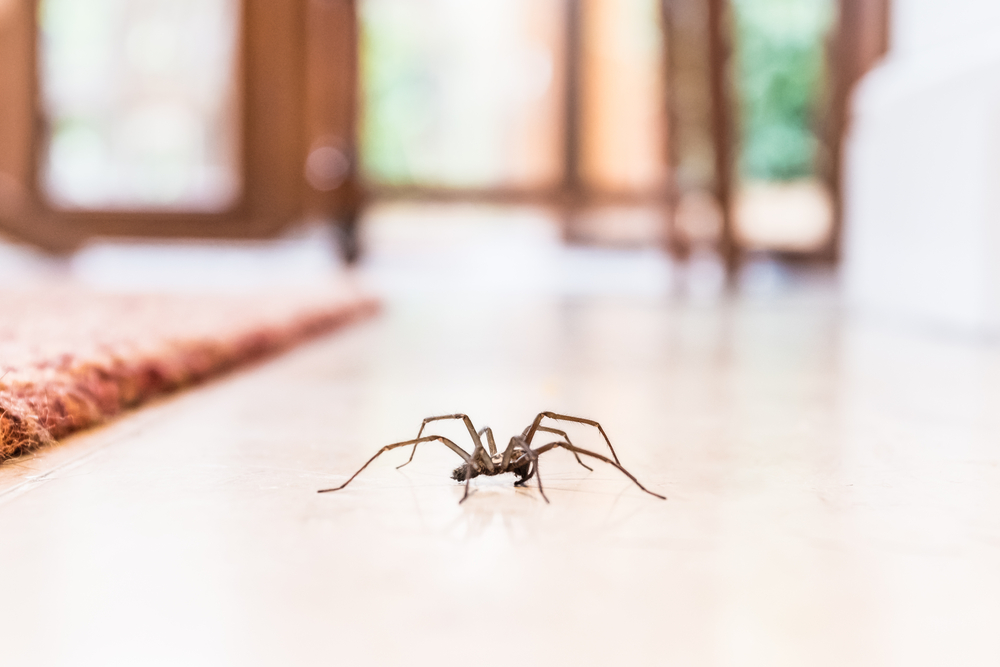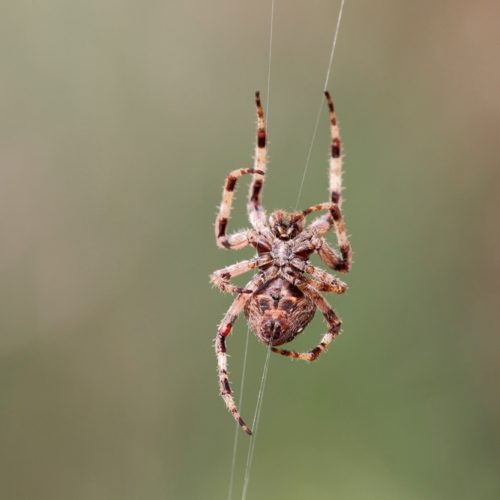Everything you need to know to keep spiders under control—from busting common myths to using effective, proven strategies.
For homeowners and DIY pest control enthusiasts alike, spiders are often regarded as unwelcome eight-legged intruders. Despite their ecological benefits, a slew of myths surrounding them often undermines effective spider management efforts. Are all spiders dangerous? Do they intentionally creep into our beds? Will chemical sprays magically rid your home of them?
This blog explores the truth behind some of the most widespread myths about spiders and provides clear, actionable advice on how to manage them effectively. Whether you’re terrified of these arachnids or simply tired of their webs, understanding fact versus fiction will help you maintain a more spider-free home without unnecessary panic or ineffective solutions.
Myth #1: All Spiders Are Dangerous
The Truth:
Out of nearly 3,000 spider species in North America, very few pose any harm to humans. Venomous species like the black widow and brown recluse are the exception, not the rule. Most house spiders can’t even pierce human skin with their bites.
Many harmless species, such as cellar spiders (“daddy longlegs”) or wolf spiders, are often misidentified, leading to unnecessary fear. Knowing which species are truly dangerous in your area can save you a lot of stress and allow you to approach pest control with confidence.
Myth #2: Spiders Intentionally Target Sleeping Humans
The Truth:
The idea that spiders crawl into human mouths while we sleep is entirely false. Spiders generally view humans as predators and will avoid contact whenever possible.
Most spider bites occur when we unknowingly press against them, such as when they hide in clothes, shoes, or bedding. These bites are almost never intentional. Rest assured, spiders want nothing to do with your bedtime!
Myth #3: Chemical Sprays Are the Best Spider Control Method
The Truth:
Unlike insects, spiders don’t groom themselves by licking their legs or bodies. This means many contact insecticides fail to affect them. Spiders can even walk over dried pesticide residue without absorbing enough to be harmed.
Better approaches include:
- Physically removing spiders with a jar or vacuum.
- Sealing cracks and entry points to prevent them from coming in.
- Setting sticky traps in commonly traveled areas.
- Reducing outdoor lighting that attracts the prey spiders feed on.
Chemical sprays might help in isolated situations, but they are rarely a long-term solution for spider infestations.
Myth #4: Keeping a Clean House Prevents Spider Problems
The Truth:
While general cleanliness helps manage pests like cockroaches or ants, spiders are drawn to prey insects, not crumbs or garbage. You could have a spotless home, but if it harbors insects as food, spiders may settle in.
Instead, focus on reducing their food sources and entry opportunities. Fix moisture issues, seal gaps around windows and doors, and use yellow “bug lights” that attract fewer insects outside your home.
Myth #5: Conkers (Horse Chestnuts) Repel Spiders
The Truth:
This popular folk remedy is unsupported by science. Studies have found no evidence that spiders avoid horse chestnuts. Likewise, other natural repellents such as citrus, tobacco, or cedar are largely ineffective.
A few essential oils, like peppermint, show limited success in controlled settings, but these effects diminish quickly once the scent fades. Skip the gimmicks and focus on proven spider management methods.
Myth #6: You’re Never More Than Three Feet from a Spider
The Truth:
This often-quoted “fact” has no scientific backing. Spider distribution depends on habitat, season, and prey availability. Modern, well-sealed homes typically have fewer spiders than older buildings or natural environments.
However, spiders are common creatures, and encountering them indoors or outdoors is perfectly natural. Their presence doesn’t mean your home is overrun or poorly maintained.
Myth #7: Spiders Come Inside When Weather Changes
The Truth:
Most “house spiders,” such as the common house spider (Parasteatoda tepidariorum), are indoor specialists who rarely survive outdoors. They complete their lifecycles inside human structures and aren’t “invading” from the outside.
That said, some outdoor spiders may temporarily wander indoors during extreme weather, such as heavy rains or cold snaps. These temporary visitors usually exit as quickly as they enter.
Myth #8: Ultrasonic Repellers Drive Away Spiders
The Truth:
Despite advertisements to the contrary, ultrasonic pest repellers are ineffective against spiders. Spiders don’t have ears and primarily detect vibrations through leg hairs rather than sound. Studies show these devices have no measurable repellent effect.
Save your money and invest in more practical, evidence-based pest control solutions.

Effective Spider Management Strategies
The best way to manage spiders in your home is to use science-backed methods instead of relying on myths. Here are some proven techniques to keep spider populations under control in a humane, effective way:
1. Regular Vacuuming and Web Removal
Frequently vacuuming corners, baseboards, and under furniture removes both spiders and their webs, discouraging them from settling in.
2. Declutter Storage Areas
Spiders love hiding in boxes, piles of paper, and unused items, especially in basements and garages. Decluttering these areas eliminates their favorite haunts.
3. Seal Entry Points
Use caulk or weather stripping to seal cracks around windows, doors, and utility lines. This blocks spiders from entering and reduces the insect prey that often attracts them.
4. Control Outdoor Lighting
Replace traditional bulbs with yellow “bug lights,” which attract fewer flying insects. Fewer prey insects near your home mean fewer spiders, too.
5. Call a Professional
If you’re dealing with persistent problems or dangerous species like black widows, consult a licensed pest management professional. They can identify the species and recommend targeted treatments.
Why Managing Spiders Doesn’t Mean Eliminating Them
While we all enjoy a pest-free home, it’s worth remembering that spiders are essential predators in our ecosystems. House spiders, in particular, help control flies, mosquitoes, and other pests that can be more harmful to humans.
When facing a spider issue, a balanced approach often works best. With the right strategies, you can safely manage spider populations in your home while recognizing their ecological benefits.
Take Control of Your Home Today
Fighting spider myths with facts leads to better, long-lasting solutions. With proper management techniques and a little prevention, you can enjoy the comfort of a spider-free home without unnecessary chemicals or unfounded fears. Need more help? Reach out to Steve’s Pest Control for professional advice on keeping your home pest-free.



